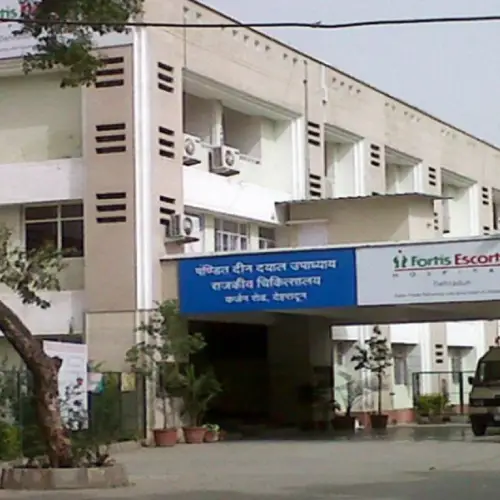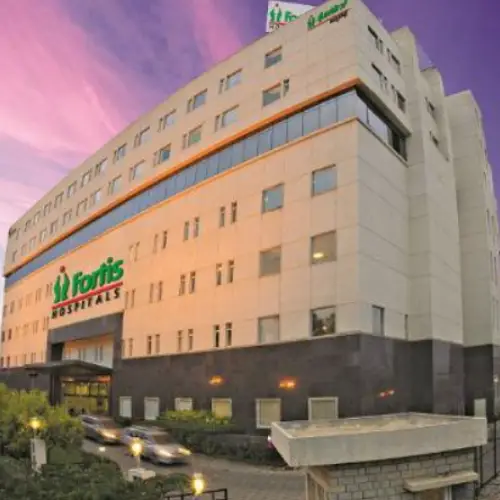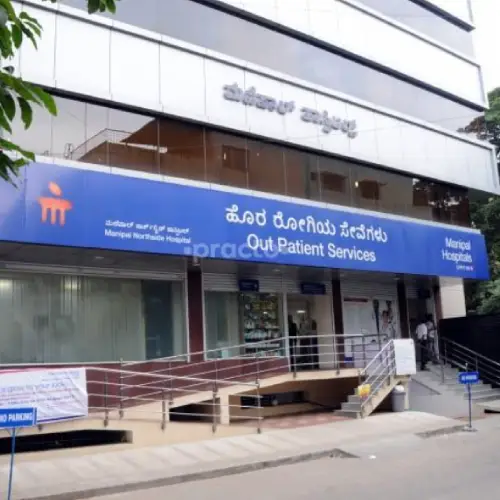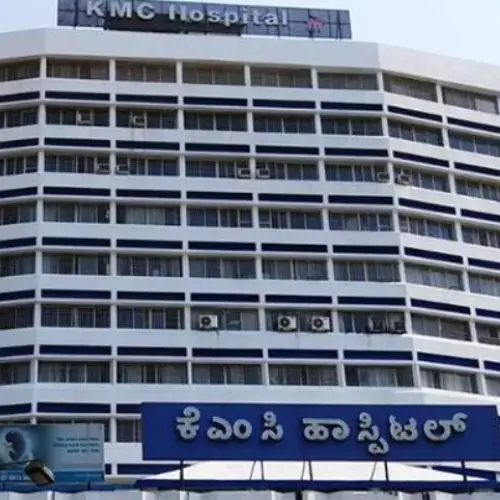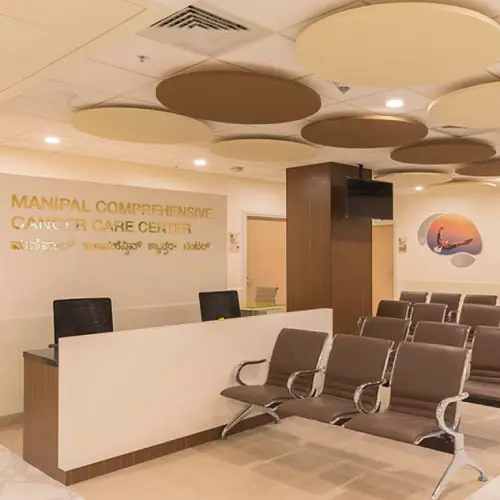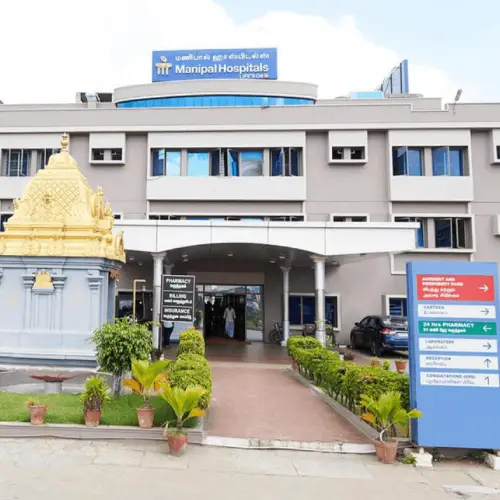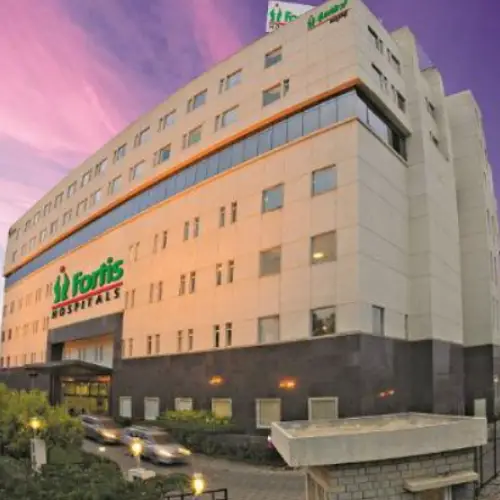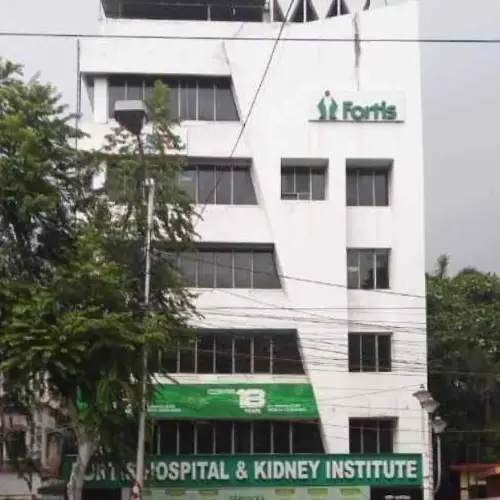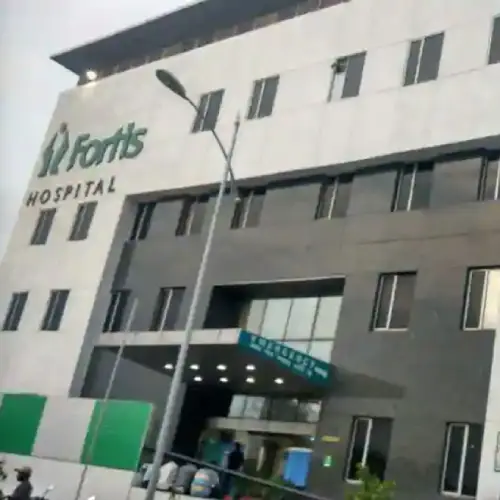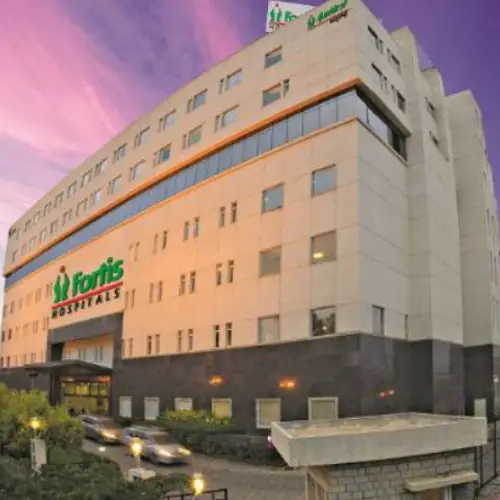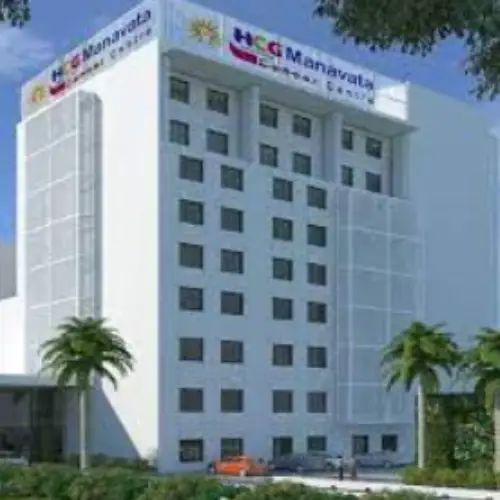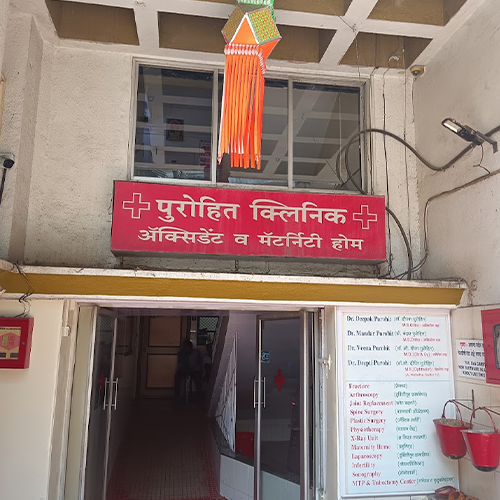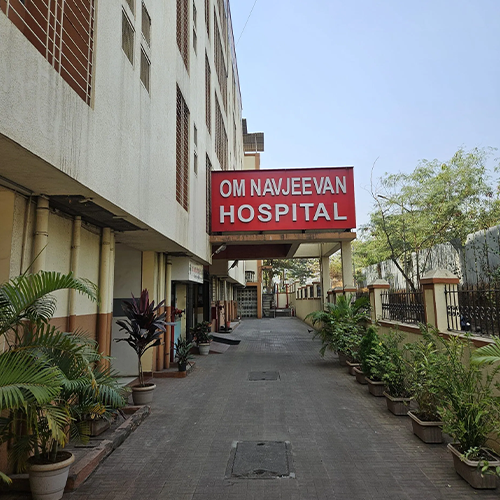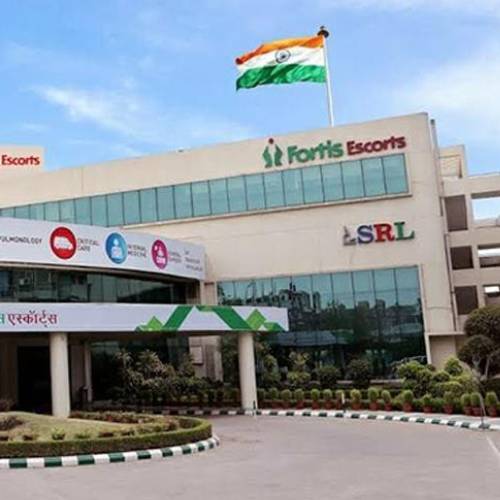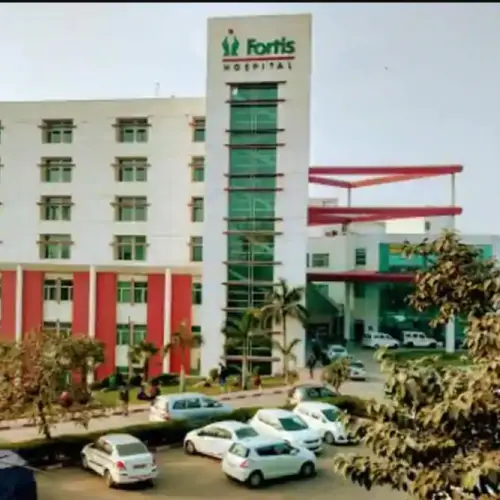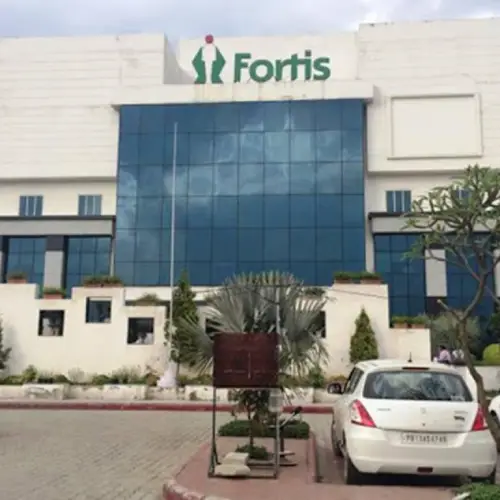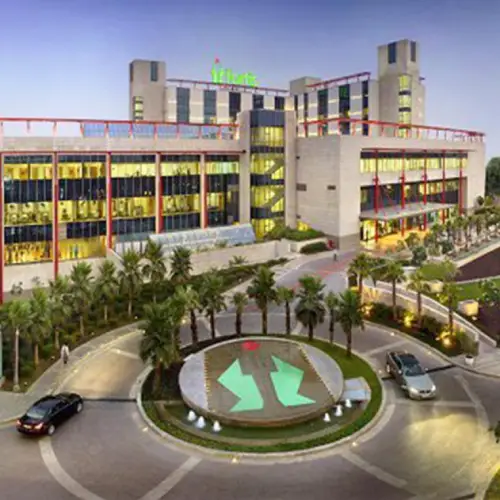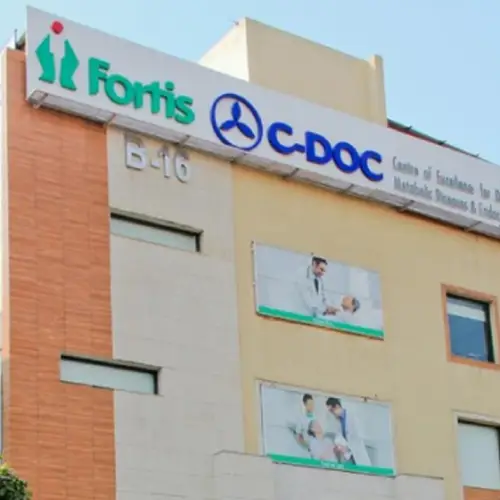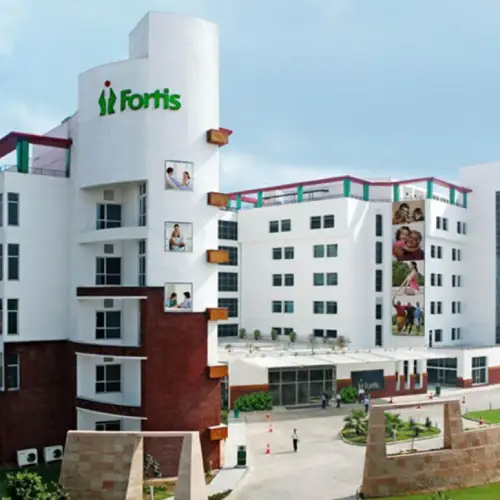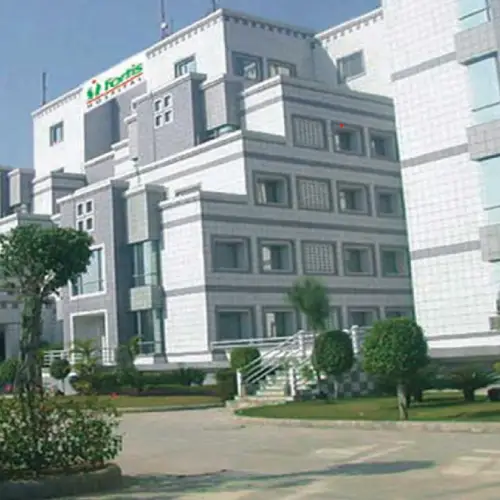Orthopaedic Oncology
Orthopedic Oncology: Musculoskeletal Tumor Care
Orthopedic oncology, a specialized field, focuses on diagnosing and treating malignancies within the musculoskeletal system, notably primary bone cancers. Patients can also develop cancers that have metastasized to bones, arising from sources such as breast, colon, or prostate. Orthopedic oncologists address conditions resulting from cancer or its treatment, offering expertise in the complex realm of bone tumors.
Dedicated to the diagnosis and management of intricate bone tumors, this service extends consultations for benign and malignant bone and soft-tissue tumors, including primary, recurrent, and metastatic cases. Pioneering limb-sparing surgical strategies for malignant bone and soft-tissue sarcomas underscores their commitment.
Orthopedic oncologists specialize in diagnosing and treating patients afflicted by musculoskeletal tumors. Their repertoire includes bone, joint, muscular, and soft-tissue tumor expertise. Procedures encompass tumor removal, potential bone reconstruction, and facilitating patient mobility restoration and symptom alleviation
Blending Surgical and Medical Techniques
Efficiently tackling bone cancer and sarcoma necessitates multifaceted approaches. While surgical interventions and targeted procedures eliminate tumors and aid bone reconstruction, holistic patient care entails combined therapies to regain limb function, enhance mobility, and manage discomfort.
Benign and Malignant Bone Tumors
Benign bone tumors, though non-cancerous, can necessitate surgical intervention for restoration of bone health. Noteworthy types include:
- Unicameral Bone Cyst
- Aneurysmal Bone Cyst
- Osteoblastoma
- Enchondroma
- Giant Cell Tumor
- Osteoid Osteoma
- Fibrous Dysplasia
- Chondromyxoid Fibroma
- Osteochondroma
Malignant bone tumors mandate early treatment initiation. Surgery, often followed by radiotherapy or chemotherapy, aims to completely remove diseased bone while preserving appearance and function. Major types comprise:
- Osteosarcoma
- Metastatic Carcinoma
- Chondrosarcoma
- Ewing’s Sarcoma
- Multiple Myeloma
Joint Lesions and Soft Tissue Sarcomas
Lesions within joint capsules, impacting joints like shoulder, hip, knee, and others, call for surgical intervention to alleviate pain and restore joint health. Types encompass:
- Tenosynovial Giant Cell Lesion
- Pigmented Villonodular Synovitis
- Synovial Chondromatosis
Soft tissue sarcomas, arising from fat or muscle rather than bone, manifest as both benign and malignant tumors. Surgical procedures, potentially coupled with radiotherapy or chemotherapy, manage such cases:
- Liposarcoma
- Malignant Fibrous Histiocytoma
- Rhabdomyosarcoma
- Fibrosarcoma
- Synovial Cell Sarcoma
Comprehensive Approach to Bone Cancer
Bone cancer, an intricate condition involving abnormal cell growth, might manifest benign or cancerous. Often emerging in regions of rapid growth, its exact etiology remains unclear. Trauma, radiation, and inherited mutations could contribute. Treatment spans various bone tumor types, such as:
- Giant Cell Tumor
- Chondroblastoma
- Enchondroma
- Osteochondroma
Bone Grafts and Robotic Surgery
Bone grafts, instrumental in reconstructing diseased bones, rectify issues arising from cancer or fractures. These grafts, promoting new bone growth, are sourced either from the individual (autograft) or a donor (allograft). Meanwhile, robotic surgery emerges as a minimally invasive, precise approach. Facilitating improved outcomes with reduced blood loss, this advanced technique ensures faster recovery, reduced pain, and shorter hospital stays
Best Hospitals for Orthopaedic Surgical Oncology in India
Fill this form to get a free quote from best hospitals in India


At MediTours India, we stand as a distinguished leader in the realm of medical tourism, dedicated to transforming your healthcare journey into a seamless and transformative experience. With a commitment to excellence and a focus on your well-being, we pave the way for a new era of medical travel.
Contact Us
Address : C603 Jalaram Park LBS Road. Bhandup West Mumbai -400078 Phone : +91 9820344697 Email : ajit@meditoursindia.in
Copyright by indiameditours 2023. All rights reserved.
